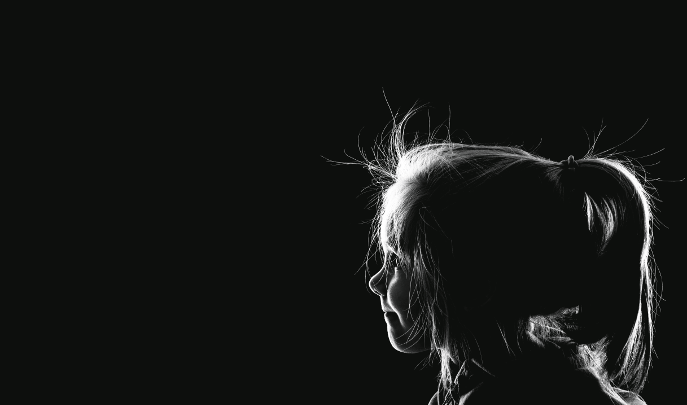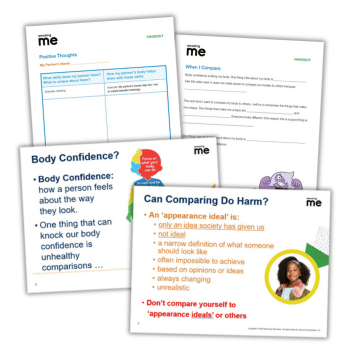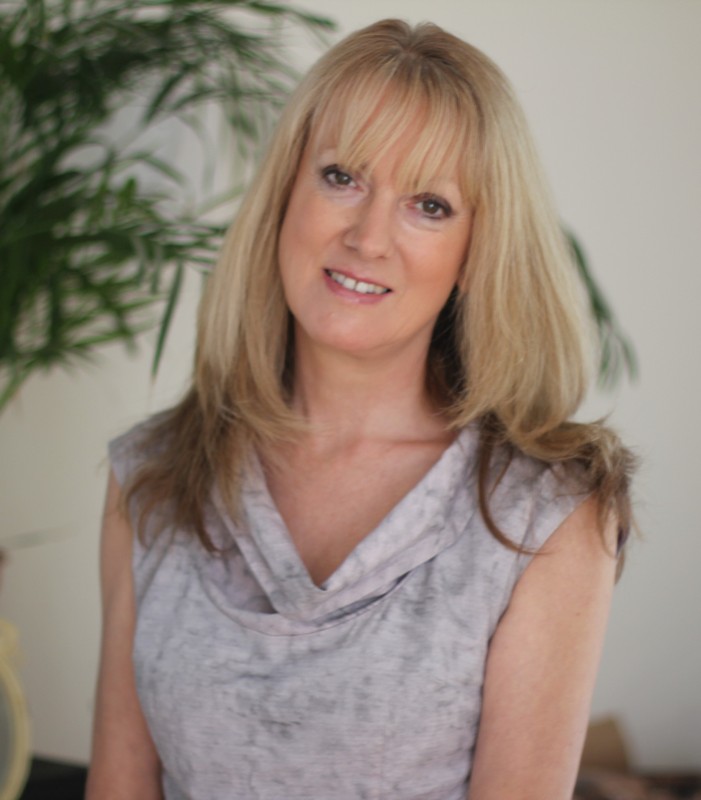Addressing The Erosion Of Young Children’s Body Confidence

With children as young as three experiencing body image anxiety, we need to take action now

The Professional Association for Childcare and Early Years (PACEY) recently published a small-scale piece of research which indicated that some children as young as three are experiencing anxieties about body image. Worryingly, nearly a quarter of childcare professionals have witnessed children aged between three and five show signs they are unhappy with their appearance or bodies.
Furthermore, almost half of childcarers have witnessed body image anxieties in 6-10-year-olds – meaning this figure almost doubles as children get older.
Body image is connected to self-esteem and, as childcare professionals know, these little people in our lives are so easily influenced. There is often an assumption that body image issues start later in childhood, and there is indeed a wealth of research that exists around how older children can suffer with low self-esteem as a result of such anxieties. Sadly, there is a lack of similar research in this area conducted in the early years.
The fact that so many early years practitioners are seeing body image issues concerns me particularly, as by the age of three or four, some children have already begun to make up their minds about how bodies should look. There is also research evidence to suggest that some four-year-olds are aware of strategies as to how to lose weight.
Of course, there is now mounting concern that the formation of these views (so early on in life) may develop into later eating disturbances or depression. We know that early experiences matter the most, so we need to be very careful about how, even inadvertently, we signal to children that they should think negatively about their bodies and how they look.
Again, we need more research in this area but contributing factors to this are likely to include images on TV and in storybooks, and general chat by adults about their bodies, dieting, cosmetic surgery, etc. There is little doubt that low levels of self-esteem appear to contribute significantly to negative perceptions of body image.
Increasingly, children are taking a greater interest in their appearance and what they want to wear, and this curiosity is helpful towards the development of independence. But sadly, sometimes it doesn’t just stop at choosing their wardrobe. Phrases such as ‘she/he is fat’ are commonplace in childcare settings – nearly one in four practitioners have heard these statements – while nearly one in three childcarers have heard a child label themselves fat.
I recently spoke to a nursery manager, who told me that that children as young as three have been able to describe in detail what happens at slimming groups; they see the elation when adults lose weight and the upset when they don’t. A lot of parents don’t realise the impact of exposing young children to these types of situations.
But, they are little sponges – they are very susceptible to influences around them and copy behaviours. We need to be aware that children are watching and listening. No one wants a future generation obsessing about getting on the scales, or rejecting food because ‘it will make them fat’.
More needs to be done to support practitioners to address these issues.
We have a growing childhood obesity crisis in the UK and settings need greater training on body confidence.
Practitioners are perfectly placed to promote positive body images as well as healthy lifestyles, and to provide the advice and guidance parents need if they are seeing signs of body anxieties in their children. Collectively we have the power to influence and change behaviours.
Thankfully there are simple ways to support children to be body confident.
Children look up to us and want to be like us, so we need to take care to talk about our own body in a positive way.
We need to build a child’s self-confidence and self-image by focusing on who they are as a person, not what they look like, for example, praising them for acts of kindness to others and not always just for looking pretty/ handsome. Gradually, in an age-appropriate way, we can begin to point out how images in the media are altered, so they know they are not reality.
If we work together, we can recognise the signs of body anxieties in children and address the issues in the early years – building their confidence and ensuring they have the best possible start in life.
Dr Jacqueline Harding is an author and a senior lecturer at Middlesex University.











